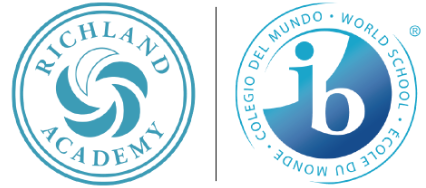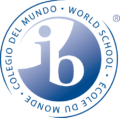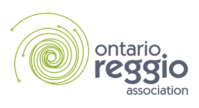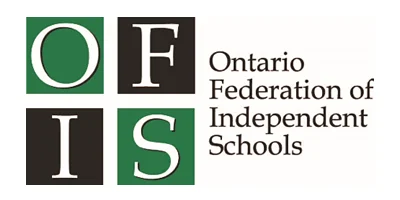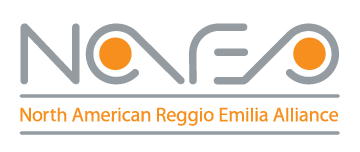Mrs. Daniel joined over 200 participants, mainly from the Public Schools Boards, in an engaging and thought provoking symposium held at OISE in downtown Toronto (Ontario Institute of Child Studies). Key note speakers were Annie Kidder (Executive Director, People for Education), who stressed the importance of parent engagement in learning; Kang Lee, Professor of at OISE, who focused on the emergence of lying in kindergarten, (“Little Liars, Emergence of Dishonesty in Early Childhood and Implications for Education”), and Charles Pascal, Professor of Applied Psychology and Human development, who shared the importance of listening carefully to children’s learning stories.
Team sessions offered covered such topics as:
- “Math for young children; tapping into symmetry”
- “Building curiosity”
- “Connecting with families through discovery”
- “Engaging families in a rural setting”
- “A picture tells a thousand words”
Mrs. Daniel attended the workshop “Building Curiosity”, and enjoyed learning about inquiry based projects from The Crescent Town School. Projects included investigating buses, trains and trams; creating an iMovie linked to Earth Day; mealworms; trees, and art centres based on learning about famous artists.
 Following this, Professor Kang Lee shared his research relating to children and lying, and the importance of moral and social development in children. He stressed that lying is a paradox, and an adaptive behaviour. Humans cannot tell lies, nor the truth all of the time, and that there are many reasons for lying:
Following this, Professor Kang Lee shared his research relating to children and lying, and the importance of moral and social development in children. He stressed that lying is a paradox, and an adaptive behaviour. Humans cannot tell lies, nor the truth all of the time, and that there are many reasons for lying:
- to benefit oneself.
- to be polite.
- to flatter. To ‘suck up.’
- to protect a group.
- to be modest.
He went on to share that by about four years of age, children are able to understand it is wrong to hide a transgression, and that white lies are acceptable. They are able to verbalise what a lie is, but there is a disconnection between knowing what a lie is and being honest. He explained that it is practically impossible to tell if a young child is lying from their facial expressions or eye contact, and that children are able look someone in the eye and lie to them. On a positive note, he felt lying was linked to executive functioning, and it was a good indicator that a child had reached a developmental milestone, which involved inhibitory control, working memory and planning. He felt modelling honesty and asking the child to promise not to lie were the best methods to encourage honesty.
The first afternoon session covered “Making Learning Visible”. It was a video and discussion relating to a Family Night based around math, and the sharing of teacher tested math activities as well as incorporating and honouring indigenous, culturally related math knowledge. The family night was held at Crossroads Elementary, a First Nations school. The last session covered parent engagement at Crescent Town School, where 92% of the children speak English as a second language. Building relationships between the families and the school focused on meeting parenting needs through public health programmes, nutrition programmes, opening the school library once a week for parents and children to read together, and having a liaison person for parents to go to with any concerns they may have. Parent engagement was not about fundraising, expecting parents to join committees and giving parents more work. It was about supporting the parents’ needs, and building an atmosphere where all children could be successful.

